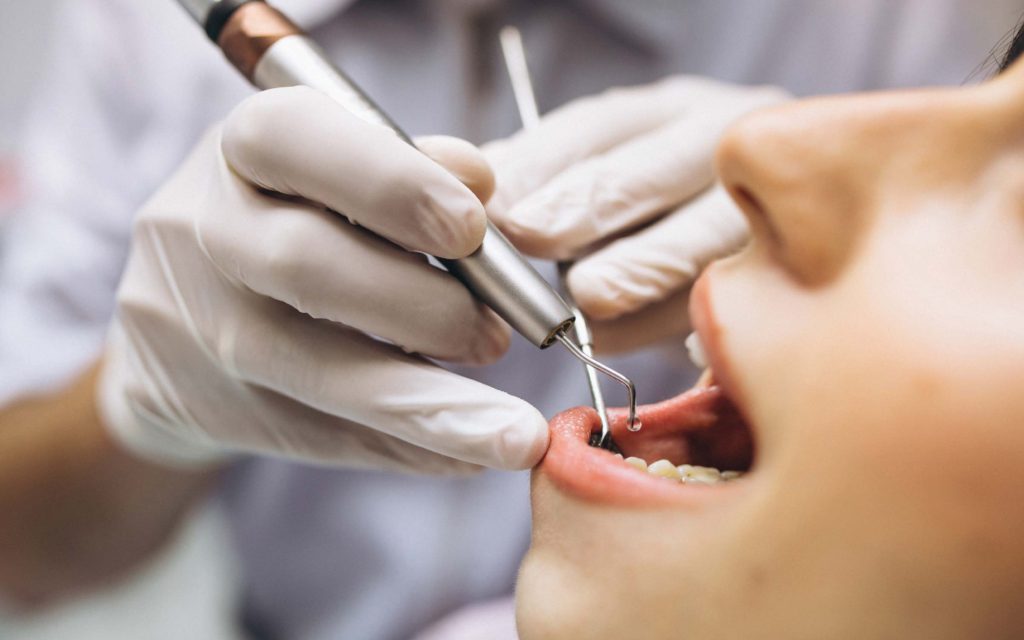
One of the most common and underappreciated noncommunicable diseases is tooth decay. It is an inequitable disorder that overwhelmingly affects the world’s poorest citizens.
“You’re supposed to die with your teeth intact,”. Dentists do not usually tell the patients this truth when they are extracting their decayed tooth.
People from lower socioeconomic backgrounds have poorer oral health in general because the cost is a major obstacle to access — and tooth decay is hard to treat without dental treatment. Dental care is not affordable.
To put it in context, the amount spent on dental care in the United States was equivalent to the total national budgets of Nigeria, South Africa, Kenya, Ghana, Ethiopia, and Puerto Rico in 2016.
Because of a lack of a proper health financing scheme, only 5% of Kenyans have access to quality dental health care.
The bulk of dental health insurance is focused towards middle and high-income earners.
According to the Kenya Medical Practitioners and Dentists Board, nearly 90% of adults suffer from gum disease in some way.
The majority of Kenyans have teeth that are decayed, missing, or filled. Brushing one’s teeth is often seen as a pleasure.
Oral health receives insufficient consideration, as shown by the Ministry of Medical Services allocating just 0.0016 percent of the overall health expenditure to dental care, relative to other high-income countries, where dental treatment costs 5% of GDP.
There are few oral health education and prevention programs available. Due to a lack of adequately equipped dental clinics, there is a shortage and poor distribution of dentists in the region.
One of Kenya’s major challenges is training enough dentists, given the high cost of training a single dentist.
In Kenya, there are fewer than 1,000 dentists serving a population of 48 million people, compared to about 200,000 dentists serving a population of 300 million in the United States.
Cost
The Dentist consulting fee in Kenya varies from Sh1,000 to Sh2,000.
Extraction of teeth costs between Sh3,000 and Sh5,000, and fillings cost between Sh3,000 and Sh6,000.
Scaling and polishing costs Sh3,000 to Sh6,000, while root canal filling costs between Sh15,000 and Sh25,000. Porcelain crowns cost between Sh20,000 and Sh30,000.
The expenditure in public hospitals, on the other hand, is only around 30% of the above.
Solutions
There are five measures that the government should consider to address this dental health disparity:
1. Provide preventative dental services in areas where people live.
2. Teach oral hygiene to young students in schools
3. To address the current shortage, by training more dentists and assistant dentists must be trained.
4. The long-term solution to dental health inequity must be universal health coverage.













